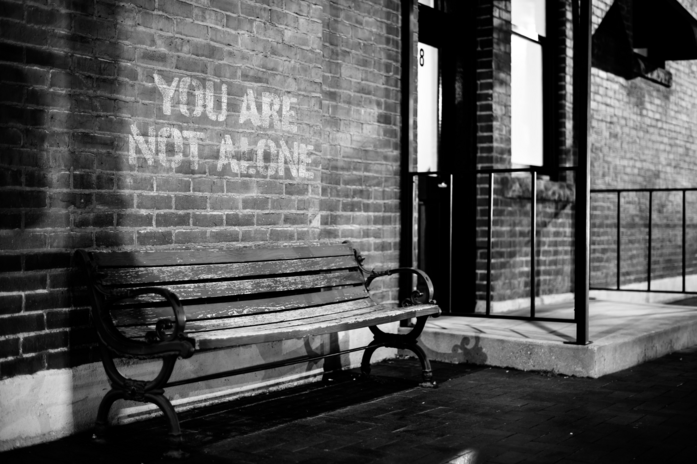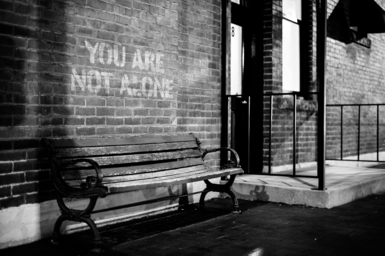The month of October has begun and domestic violence becomes highlighted in its efforts to raise awareness. But what is domestic violence? There is not just one answer because situations are different from person to person. According to the National Domestic Violence Hotline, “Domestic violence is a pattern of behaviors used by one partner to maintain power and control over another partner in an intimate relationship”. This violence does not discriminate because anyone, anywhere and at anytime, can be affected by many forms of abuse. Some actions of abuse include “behaviors that physically harm, intimidate, manipulate or control a partner, or otherwise force them to behave in ways they don’t want to, including through physical violence, threats, emotional abuse, or financial control.”
There are ways that an outsider can identify signs of abuse on behalf of friends, family, colleagues, students or whoever else you see daily. People may physically appear to be themselves, but emotionally are being manipulated through power and control in their domestic relationships. Reaching out to those individuals and giving them support and resources to further gain knowledge about domestic violence is just one way you can make a difference in their lives.
Domestic Violence should gain more awareness and efforts to end it because there are many cases throughout the United States alone of domestic violence. Some statistics include:
- “On average, nearly 20 people per minute are physically abused by an intimate partner in the United States. During one year, this equates to more than 10 million women and men.”
- “Intimate partner violence accounts for 15% of all violent crime.”
- “On a typical day, there are more than 20,000 phone calls placed to domestic violence hotlines nationwide.”
It is also important to raise awareness because many who are being abused stay in their relationship. Many victims believe that if they do leave them, then that is the time when their abuser will be the most violent, or use abuse their power, depending on the situation. There are other factors such as children’s custody, lack of family and friend support, or they simply have nowhere else to live. Just because someone is willing to stay in a relationship, it does not mean they don’t care or that they don’t know. It may just mean they need extra help to get the resources to do so.
Anyone can help, even if you may not personally know individuals in abusive situations. You can donate to organizations that provide safety and resources to victims (or volunteer for them), you can refer someone to domestic violence hotlines, educate yourself on current statistics or warning signs, and you can spread awareness through social media and encourage victims to share their own experiences to decrease the stigma that surrounds domestic violence.
If you are currently a victim of domestic violence, then please refer to these resources:
If you are in immediate danger, call 9-1-1.
For anonymous, confidential help, 24/7, please call the National Domestic Violence Hotline at 1-800-799-7233 (SAFE) or 1-800-787-3224 (TTY).


